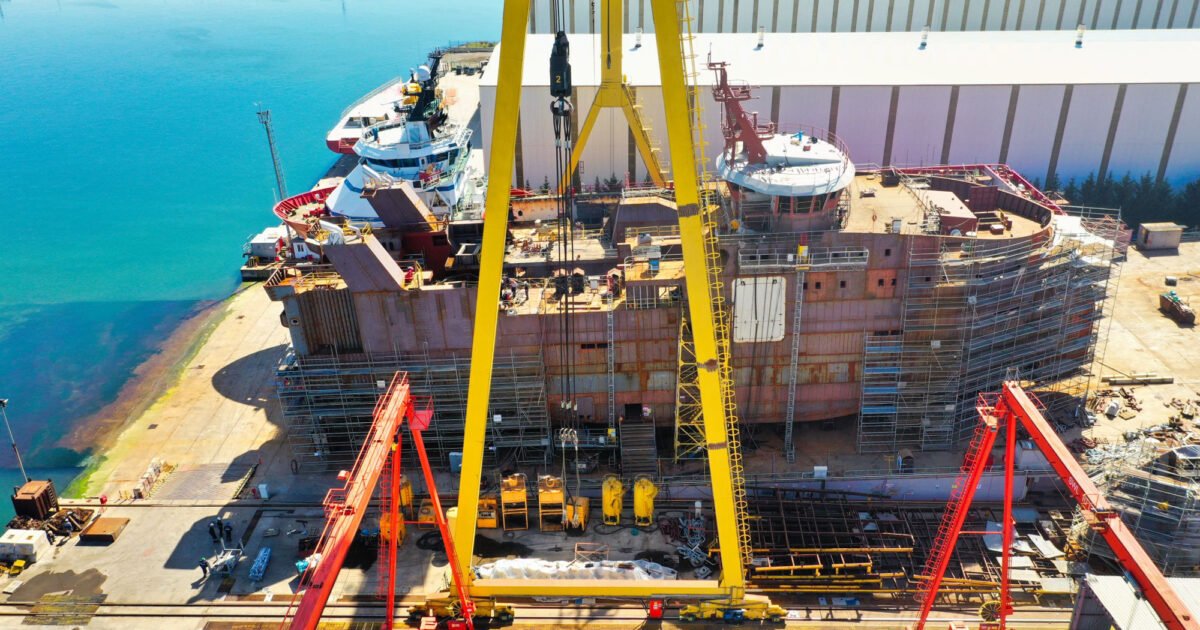The EPCI (Engineering, Procurement, Construction, and Installation) industry is on the verge of a major shake-up, and at the center of it is Petrobras. Recent reports suggest that Petrobras is considering a groundbreaking shift in how it handles subsea contracting—a move that could disrupt global market dynamics and redefine how major oil and gas projects are executed.
What Is Petrobras Planning?
Traditionally, Petrobras has relied on established subsea companies such as TechnipFMC, Subsea7, Saipem, and Allseas to manage large-scale offshore projects. These EPCI giants have dominated the market by handling everything from engineering design to final installation. However, sources close to the company reveal that Petrobras is exploring a new approach that could break away from these long-standing partnerships.
The company is reportedly considering opening its contracts to more competitive bidding processes, inviting new players into the fold, and potentially dividing major contracts into smaller packages. This strategic pivot aims to lower costs, enhance efficiency, and create a more competitive environment in the subsea sector.
Why This Matters for the Global EPCI Industry
Petrobras is one of the largest players in the offshore oil and gas sector, particularly in deepwater fields like Buzios and Mero. Any change in its contracting model will have ripple effects across the entire EPCI industry. If the company moves forward with these changes, it could:
- Increase Competition: By allowing new players to bid for smaller, more specialized contracts, Petrobras could reduce the dominance of a few major EPCI firms.
- Lower Project Costs: A diversified bidding process may drive down costs as more companies compete for work.
- Boost Innovation: New entrants bring fresh ideas and advanced technologies, leading to more innovative subsea solutions.
- Create Uncertainty: Existing EPCI giants may face reduced market share, leading to potential industry-wide restructuring.
The Bigger Picture: Trends to Watch in 2025
Beyond Petrobras’ potential shift, several key trends are set to shape the EPCI market this year:
- Digital Transformation: Companies are adopting digital twins, advanced simulations, and AI-driven project management to streamline operations.
- Renewable Energy Projects: With growing demand for offshore wind and carbon capture projects, EPCI firms are diversifying their portfolios beyond oil and gas.
- Localized Supply Chains: Geopolitical factors and logistical challenges are pushing companies to source materials and services closer to project sites.
- Sustainability Mandates: Environmental regulations are prompting EPCI firms to adopt greener practices and reduce their carbon footprint.
What Happens Next?
If Petrobras implements its new contracting strategy, the effects will be felt across the global supply chain. Established EPCI players will need to adapt to a more competitive and fragmented landscape, while emerging companies may seize the opportunity to gain a foothold in one of the most lucrative offshore markets.
Industry observers are watching closely for an official announcement from Petrobras. If confirmed, this shift could mark the beginning of a new era for the EPCI sector, one defined by greater competition, innovation, and unpredictability.
Stay tuned as we track the latest developments in the Petrobras contracting strategy and its impact on the global subsea market.







Leave feedback about this